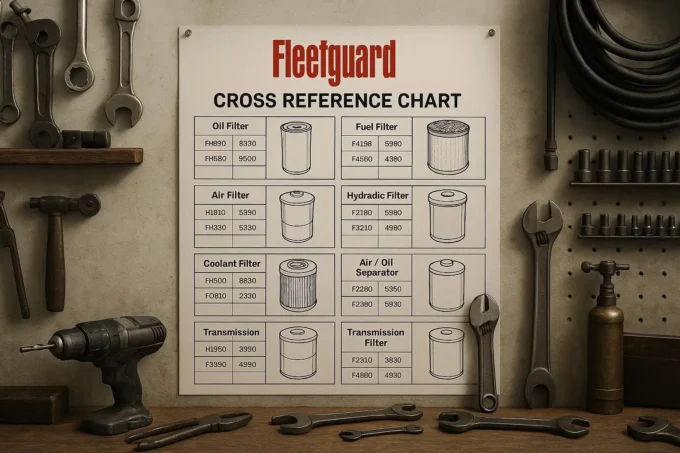Community development is an ever-evolving process that shapes the landscapes we call home. However, not all development plans align with the interests and values of the residents. When faced with unwanted development proposals, communities must stand as guardians of their integrity, advocating for thoughtful and considerate urban planning. This article will explore effective strategies for objecting to a development application, emphasising the importance of a united community voice.
Understanding the Impact:
Before diving into objection strategies, it is crucial to understand the potential impact of unwanted development on a community. Whether it’s a towering high-rise in a quiet neighbourhood or a commercial project encroaching on green spaces, residents need to grasp the long-term consequences. This understanding lays the foundation for informed objections and underscores the significance of community involvement in the decision-making process.
Building a Coalition:
Strength lies in numbers, and a united community front is a powerful force in objecting to unwanted development plans. Establishing a coalition of concerned residents, local businesses, and community organisations can amplify the impact of objections. Online platforms, social media, and community meetings can serve as channels to bring people together, fostering a shared sense of purpose and determination.
Research and Documentation:
Conduct thorough research and document all relevant information to construct compelling objections. This includes understanding zoning regulations, environmental impacts, traffic studies, and potential effects on property values. Solid documentation provides a factual basis for objections, making it harder for developers to dismiss community concerns.
Engaging with Local Authorities:
Direct engagement with local authorities is a crucial step in the objection process. Attend town hall meetings, council sessions, and planning board gatherings to voice concerns and seek clarification on the proposed development. Developing a rapport with decision-makers can foster a better understanding of community sentiments and potentially influence the outcome of the planning process.
Leveraging Public Awareness Campaigns:
Raising public awareness is pivotal in garnering support for objections to unwanted development plans. Utilise traditional and social media channels to disseminate information about the proposed development, its potential impacts, and the importance of community objections. A well-crafted public awareness campaign can mobilise more residents to join the cause and strengthen the objection movement.
Legal Consultation:
In cases where objections based on community sentiment may not be sufficient, seeking legal counsel becomes a strategic move. Engaging with legal professionals specialising in urban planning and development law can provide insights into the legal avenues for objecting to the proposed development. Legal challenges may include violations of zoning laws, environmental regulations, or procedural errors in the approval process.
Creating Alternative Proposals:
While objecting to unwanted development plans, communities can simultaneously present alternative proposals aligning with their sustainable and harmonious development vision. This proactive approach demonstrates a commitment to constructive engagement, emphasising the community’s dedication to contributing to the planning process rather than merely opposing it.
Fostering Dialogue:
Open and constructive dialogue with developers can sometimes lead to a more satisfactory resolution. Communities should actively seek opportunities to engage with developers, expressing concerns and exploring potential compromises. A willingness to collaborate can demonstrate the community’s commitment to finding mutually beneficial solutions, fostering a more inclusive planning process.
Continued Monitoring:
Objecting to a development plan is not a one-time event; it requires ongoing commitment. Communities should establish mechanisms to monitor the development’s progress, ensuring that any agreed-upon conditions or mitigations are implemented. Regular updates and communication within the community can help maintain vigilance and address any issues that may arise during construction.
In conclusion, as guardians of community integrity, residents play a pivotal role in shaping the future of their neighbourhoods. Objecting to a development application requires a strategic and multifaceted approach, combining community mobilisation, research, legal consultation, and public awareness campaigns. By standing together and advocating for thoughtful urban planning, communities can protect their values and ensure a sustainable and vibrant future for future generations.















Leave a comment